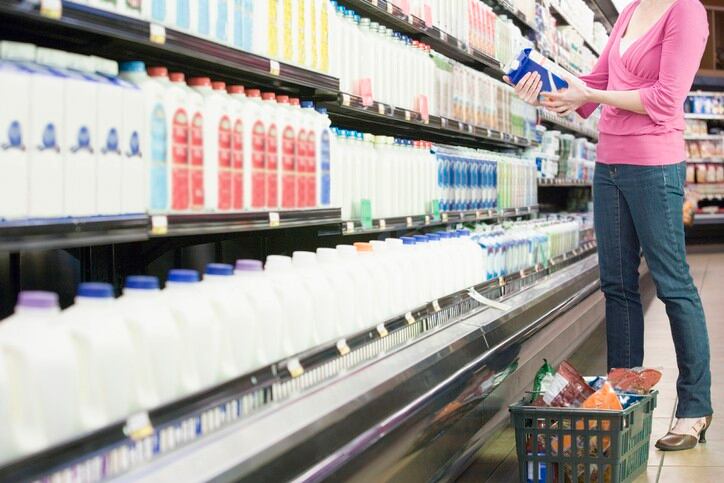South Korea has been ramping up efforts to reform its local dairy sector since 2021, after acknowledging a significant self-sufficiency issue over the past 20 years – but this reformation has been hitting multiple hurdles over the past year, particularly with regard to a proposed new pricing system that suppliers in the local dairy industry believe will have a negative impact on the sector.
Earlier this year, the local Ministry of Agriculture, Food and Rural Affairs (MAFRA) made a last-ditch attempt at reaching an agreement by formally requesting opposers in the dairy sector, led by the Korea Dairy Beef Cattle Association, to clarify any misconceptions before pressing on with their opposition – but it appears this has finally reached a head and MAFRA has now announced that it will no longer be engaging the association in any further talks regarding the system reform.
“MAFRA will temporarily suspend all discussions with the Korea Dairy Beef Cattle Association from July 28 2022 [due to] recent events that have seriously damaged the credibility between the dairy association and the government,” MAFRA Minister Jeong Hwang-geun said via a formal statement.
“The government has thus decided that it is meaningless to proceed with any further discussions with the association in a situation where trust is lacking on both sides, and will be suspending discussions [with them] on reforming the system or determining the price of crude oil (which has an impact on dairy prices) until trust can be restored.”
Although Jeong did not specify the ‘recent events’ leading to this decision, his mention of the price of crude oil hints at the association’s opposition to MAFRA’s attempts to revise the current dairy pricing system.
MAFRA is looking to make changes to the current supplier-friendly system that is linked to production costs, which has seen milk prices in South Korea remain elevated for some time. The ministry intends to lower the price of milk sold by processed dairy brands from its current KRW1,100 (US$0.84) to KRW800 (US$0.61) per litre, as well as subsidise processed dairy companies with KRW200 (US$0.15) per litre sold.
The local dairy sector has deemed this new system to be ‘irresponsible’ and shortsighted – and publicly stated as much, likely contributing to this impasse with the ministry.
That said, the association has also responded with significant ire to MAFRA’s announcement, releasing a heated statement lambasting the ministry’s comments on the supposed ‘lack of trust’.
“What right does a government that [propagates negativity] have to speak of trust?” the Korea Dairy Beef Cattle Association shot back on the same day.
“They issued a statement saying that it would cease discussions with us but did not mention any specific reasons and just claimed that credibility has been damaged and there is a lack of trust – we demand that this be discussed [properly].”
The association went on to highlight how the ministry had first approached them for the discussions, and how they had suggested the formation of a government-industry negotiation body to solve industry concerns about the new proposal – and were surprised with this dismissal by the ministry instead.
“Even the cows would laugh at this situation – feed prices are soaring and [implementing the new changes in the proposal as is] would hurt the dairy farmers, so instead of fighting [and] trying to draw blood from the farmers, let’s have a proper open discussion from now on instead,” said the association.
Proceeding with pricing
However, MAFRA appears unwilling to engage the association and is standing by its new pricing system proposal, saying that it will instead work directly with the dairy farmers and cooperatives.
“MAFRA is promoting real institutional reform to expand the processed milk market by introducing this differential pricing system, which is already being used in most countries,” said the ministry.
“This is important for the overall sustainable development of the dairy industry.
“As such, we plan to continue ongoing meetings and briefings directly with the dairy farmers, the relevant agricultural cooperatives and the various local governments to discuss the practical introduction of the differential pricing system in South Korea.”



